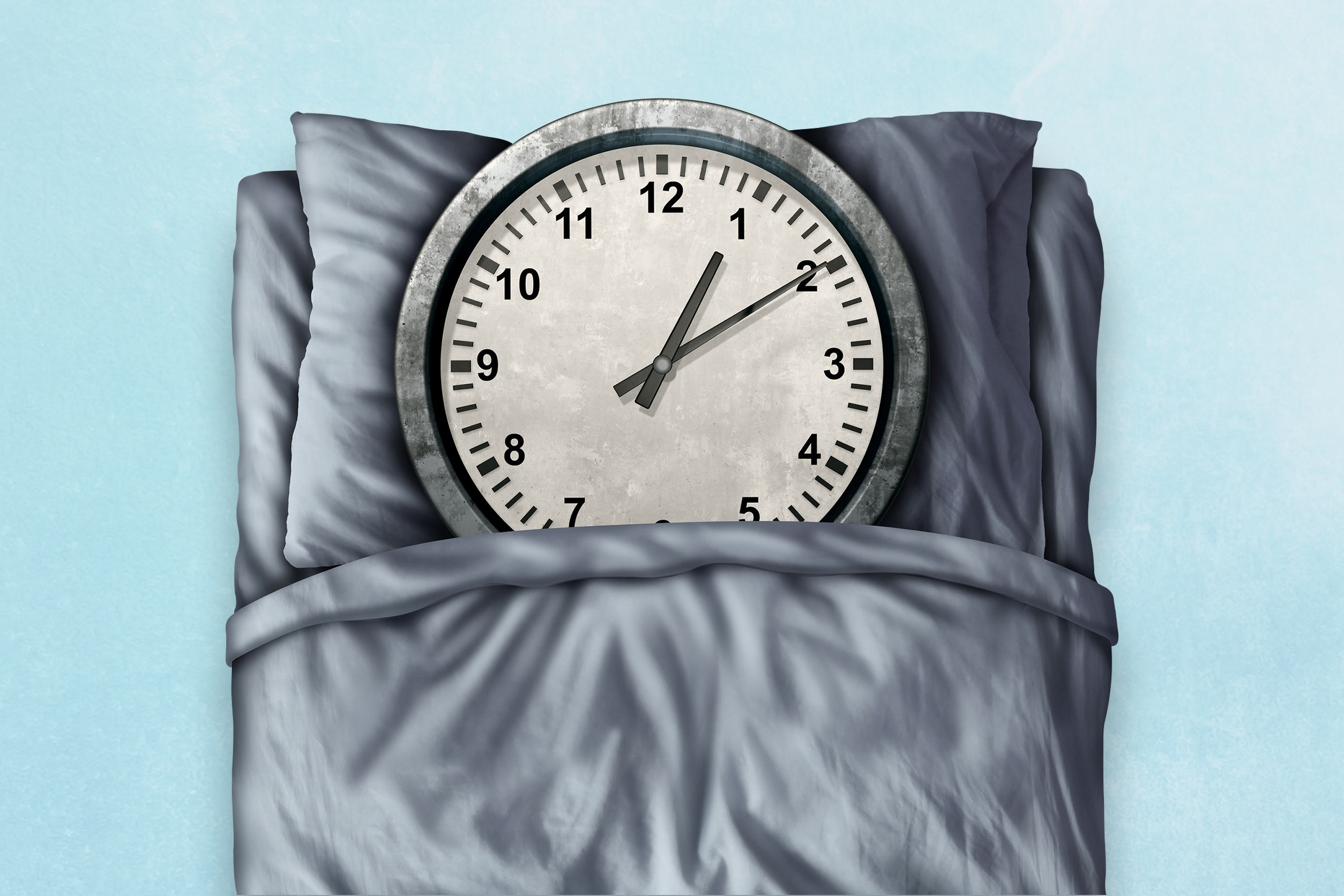5 Tips To Get Better Sleep
‹ Back
 ‹ Back
‹ Back

Ever find yourself having trouble falling asleep or staying asleep? Do you feel tired despite having spent hours in bed? Well, you’re not alone.
No thanks to the hustle and bustle of modern life, getting quality sleep is becoming a problem. Give these tips a try to get better sleep.

1. Makeover Your Bedroom
Create a room that is ideal for sleeping. It is also your sanctuary where you can retreat from the stressors of life. By improving your sleeping environment, you will also fall and stay asleep better. Consider the following to make your bedroom more conducive for sleep:- Remove unwanted light sources
- Keep your room neat and tidy
- Block off external noises
- Turn your air conditioning to around 25 degrees Celsius
- Unplug from technology
2. Watch Your Diet
Do not go to bed either hungry or too full. Avoiding the following especially when it’s near to bedtime, will help you get a better night’s rest:- Caffeine: As a stimulant, drinking caffeine at night will keep you awake. Avoid caffeinated food and beverages at least six to eight hours before sleep.
- Alcohol: If you think alcoholic nightcaps can help you sleep, think again. Alcohol can interfere with sleep patterns and cause random awakenings at night due to its diuretic properties.
- Fatty and oily foods: A heavy, fatty meal gets your digestive tract working hard, which can be disruptive if you are trying to get to sleep.
- Spicy foods: Peppery or spicy foods can irritate your stomach, which can make it harder to fall asleep or stay asleep.
- Sugar: Processed foods that are rich in sugar, chemicals and empty calories often do more harm than good. They digest rapidly in your system, so the spike in blood sugar can throw you off some of your sleep hormones.
3. Create a Bedtime Ritual
Do the same things each night to tell your body it’s time to wind down. Relaxing activities like taking a warm bath or shower, listening to soothing music can promote better sleep by easing the transition between wakefulness and drowsiness. “Avoid doing anything stimulating, including using electronic devices or watching TV,” says Dr Joshua Kua, Specialist in Psychiatry & Consultant, Raffles Counselling Centre. “Instead, keep to a schedule before bedtime, so your body and mind can associate the routine with sleep.”4. Relax With Aromatherapy
Aromatherapy taps into the healing power of scents from essential oils to balance your mind, body and spirit. There are several ways to use essential oils to improve your sleep. You can inhale the aroma by using a diffuser or you can use the oils topically by rubbing it onto your palms and then rub it on your arms and body so that you can smell it.5. Supplement With Melatonin
Melatonin is a hormone that our bodies produce to help control sleep patterns. However, the levels may decline with age. Therefore, supplementing with melatonin can help to support good quality sleep.
















